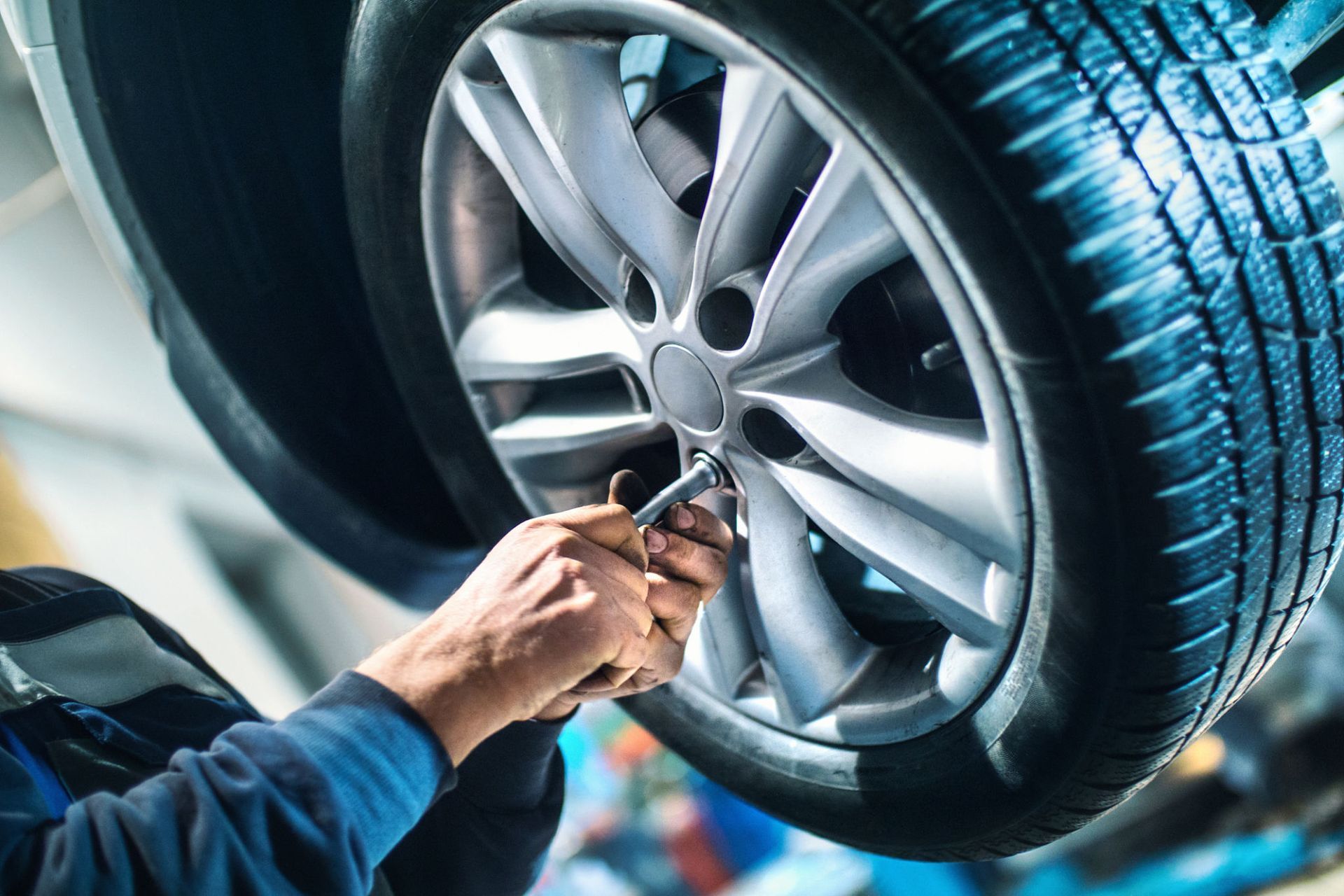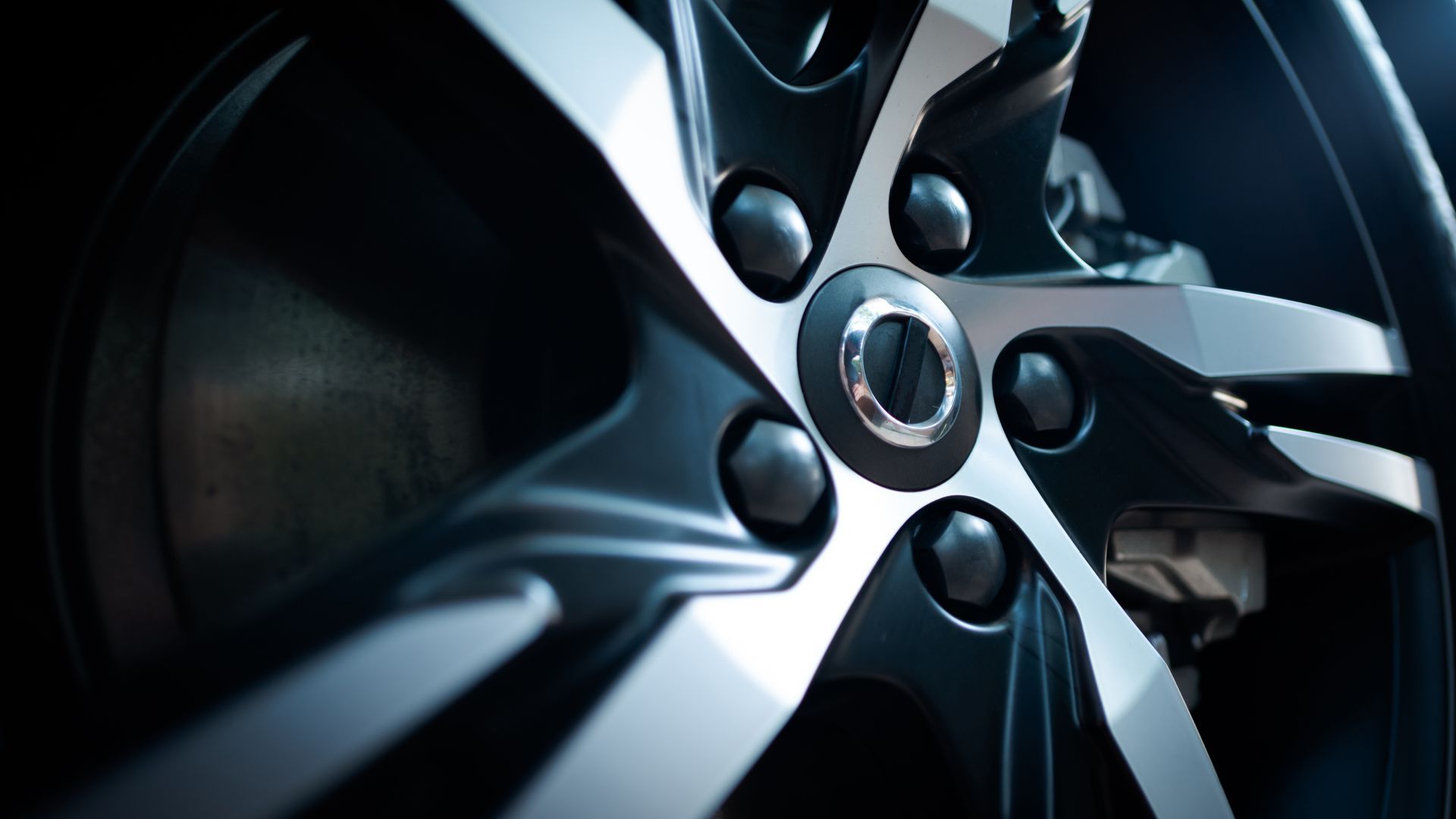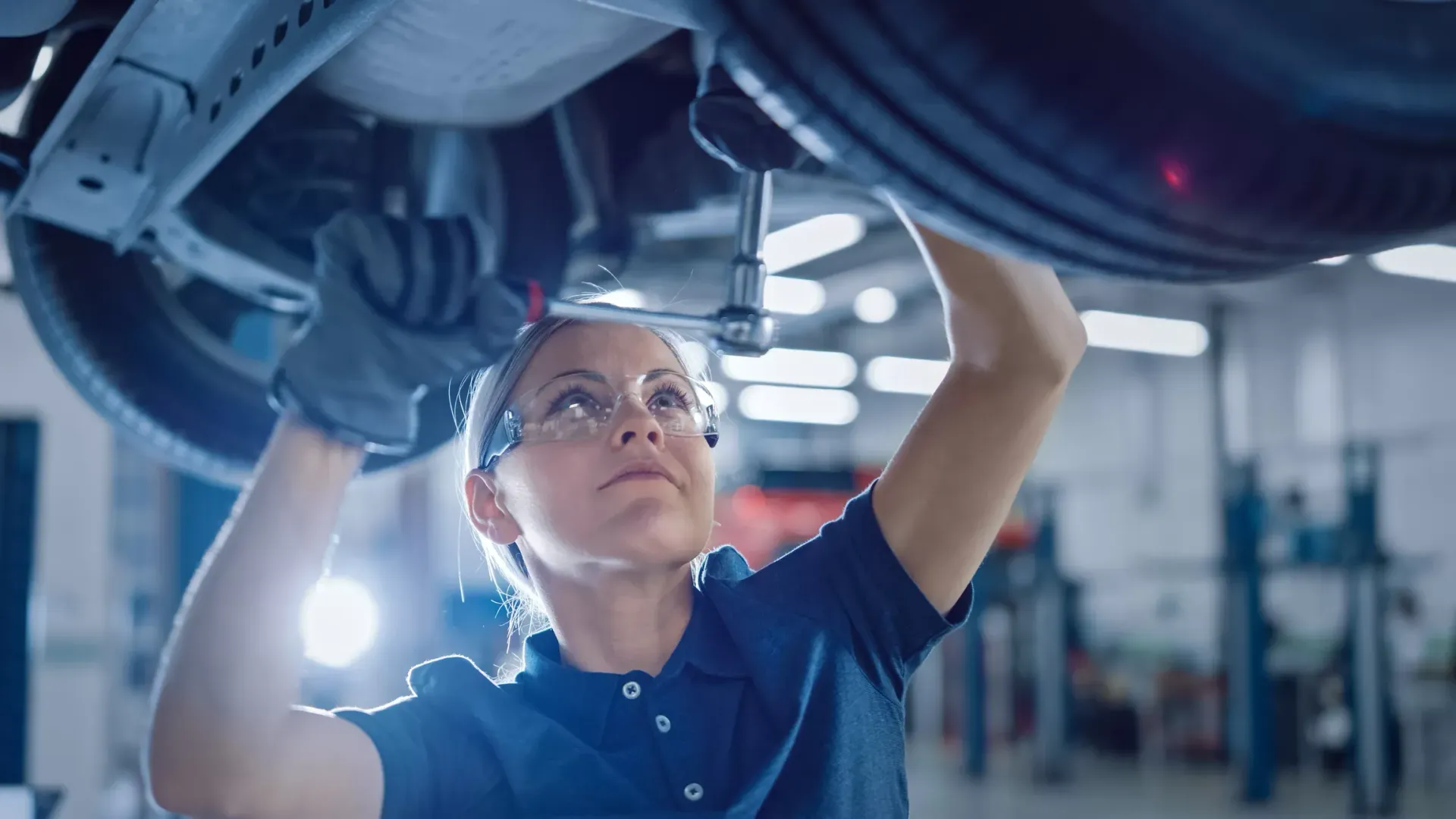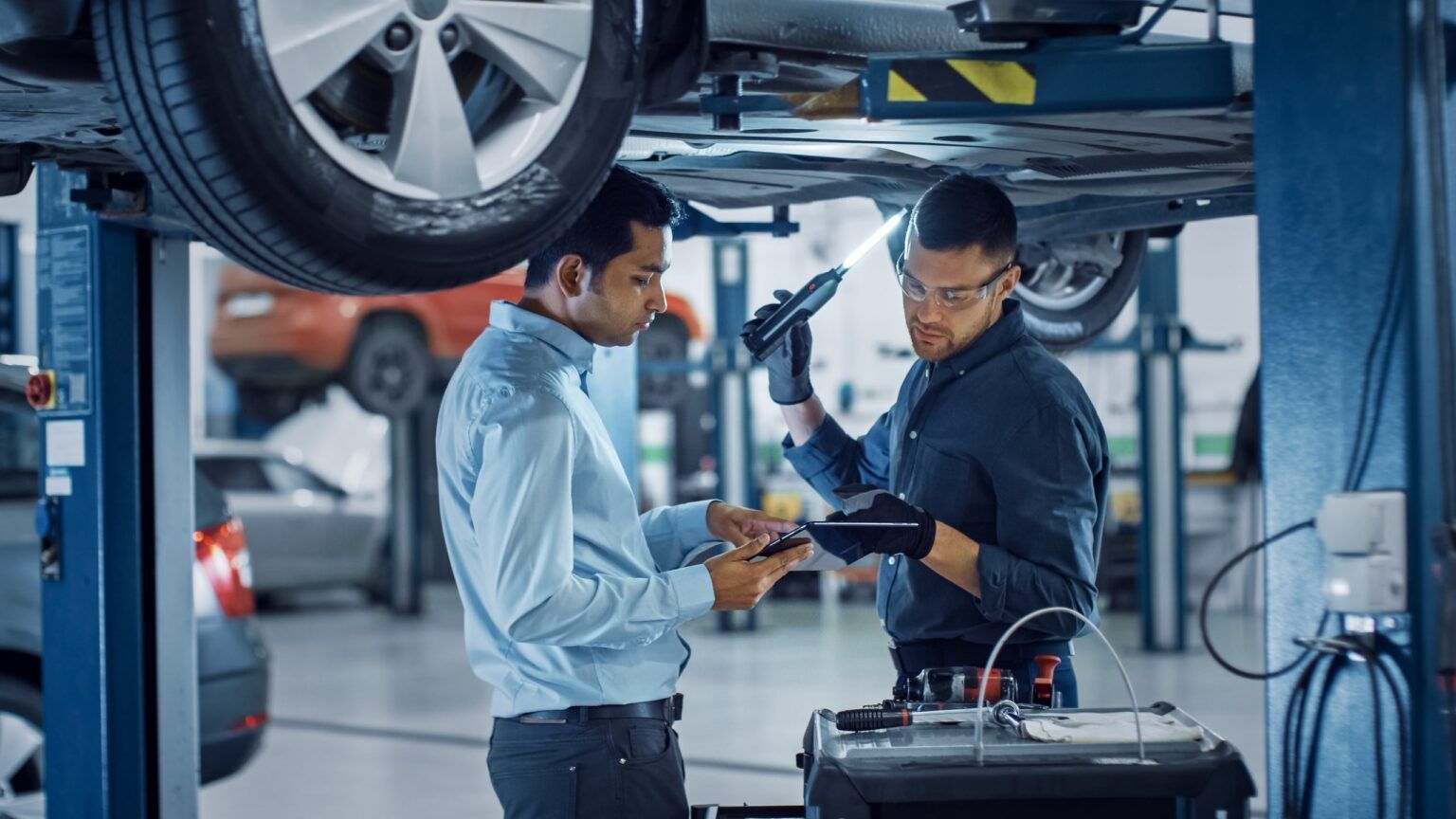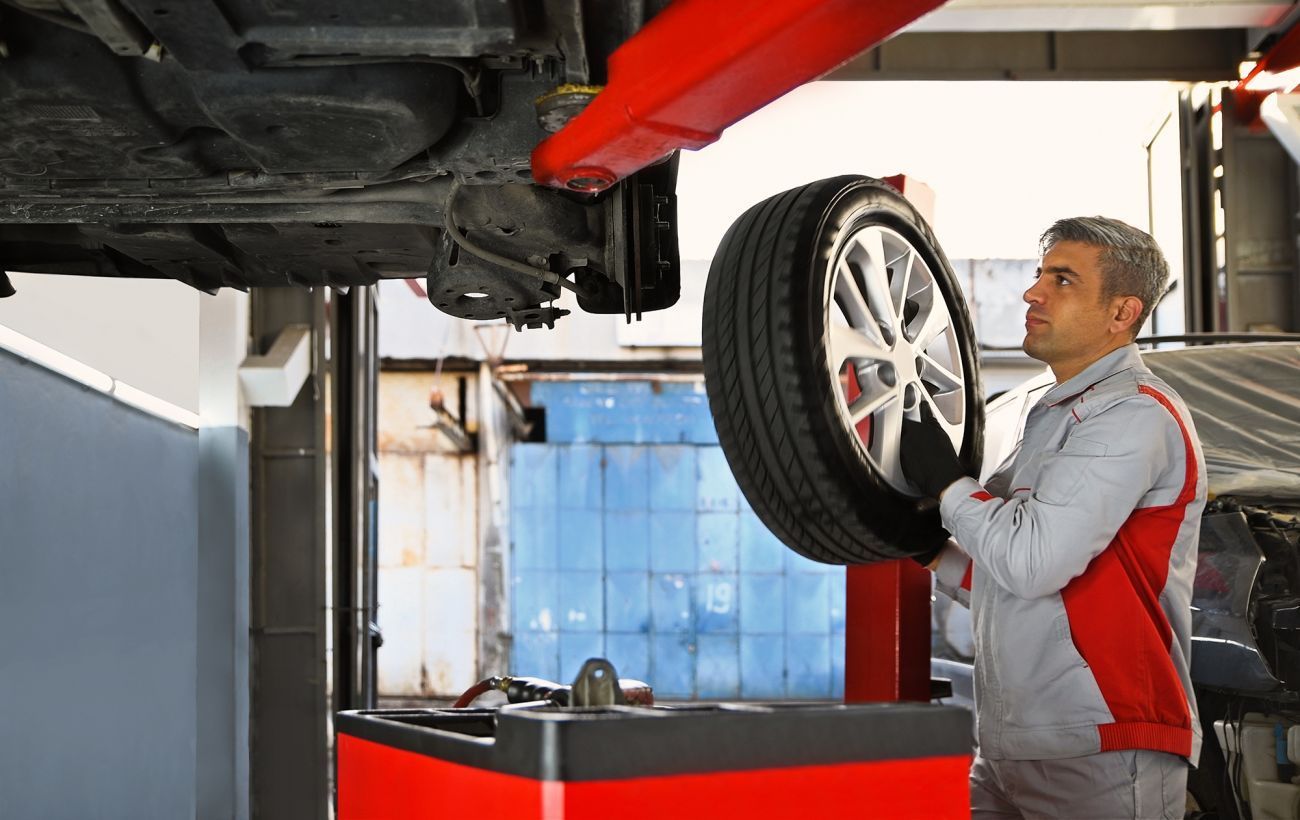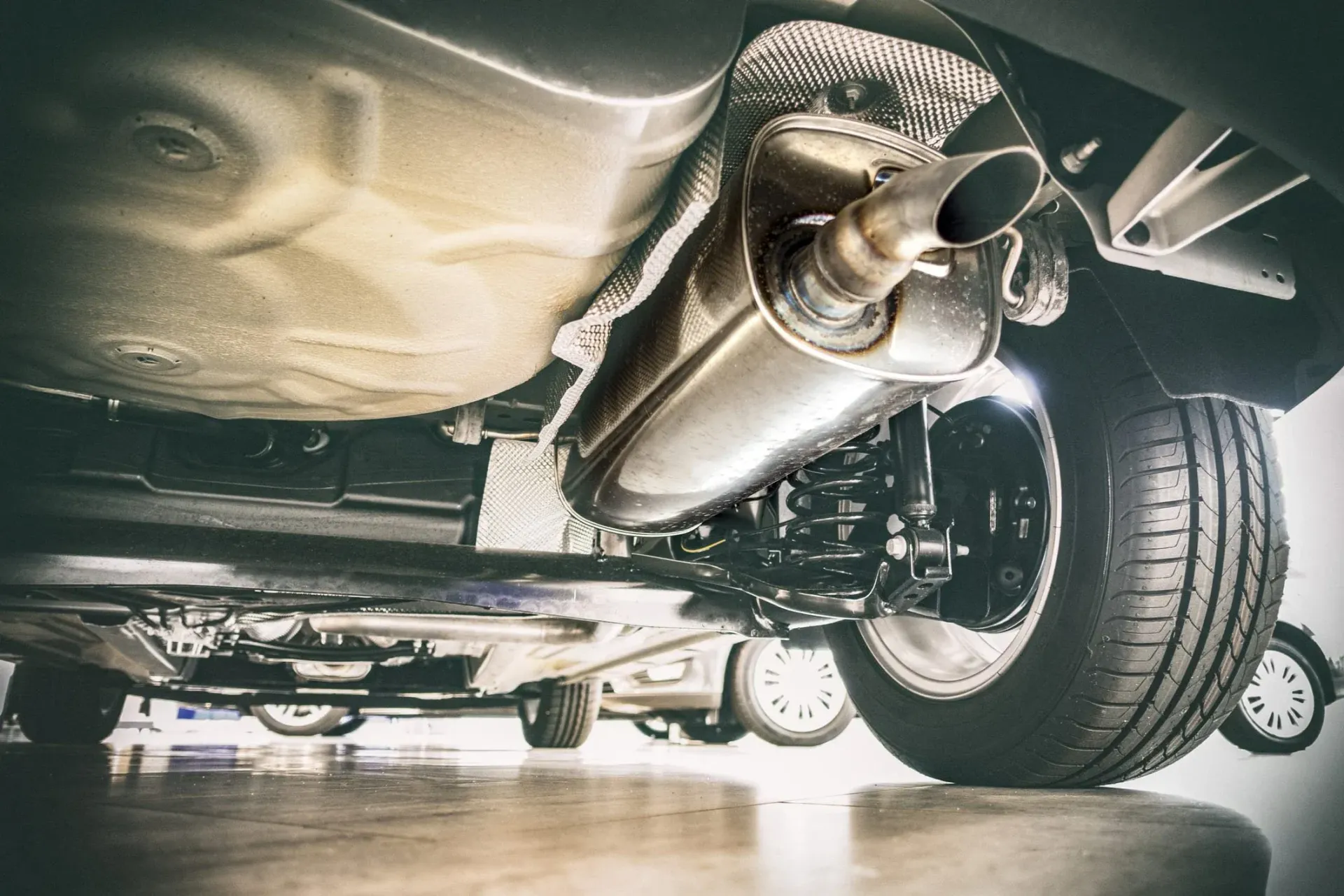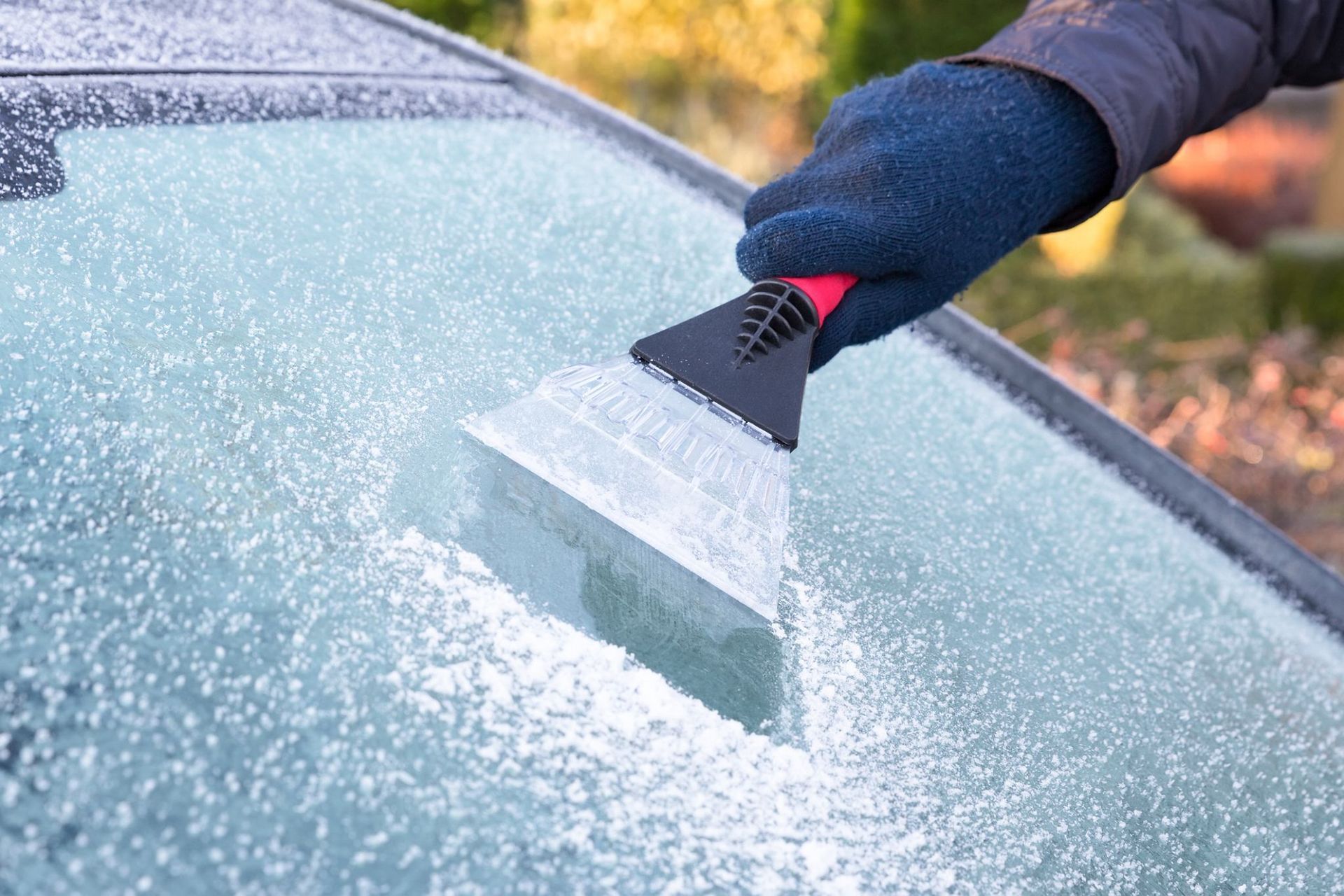From run-flat to all season: Which car tyres are best?
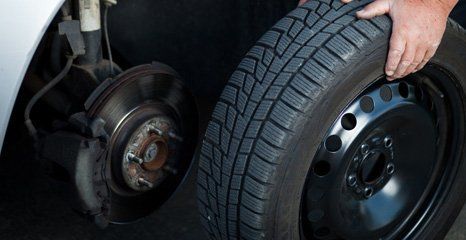
While tyres may look the same - round and made of rubber, there are quite a few significant things which need to be considered when buying a new tyre. Your tyres are the only thing between your vehicle and the road and they have a huge impact on your vehicle’s overall performance, from stopping distance to handling on wet roads.
Tyres are one of the most underestimated parts of a car. They are often the most neglected aspect of vehicle maintenance and replaced only when necessary to do so. Nevertheless, given that every accelerative, braking and directional force applied is passing through the small area of rubber in contact with the road, it’s crucial to make sure they are in good working order and that you invest wisely.
With that in mind, we’ve put together a simple guide for the various factors to consider when buying your new tyres and some of the various types.
In the UK, vehicles tend to be fitted with summer tyres as standard procedure. These provide higher grip levels in warmer and dry conditions but are also created to operate safely in wet conditions. For lots of drivers, they will be the default choice, given their all-round performance. Although, if you’re changing tyres during the winter, you might wish to consider specialised winter tyres. These are constructed from a different rubber compound that stays supple at lower temperatures.
Below 7 degrees centigrade, winter tyres will often out-perform summer tyres in regards to their outright grip. Winter tyres also have tread blocks with small cuts or ‘sipes’. These sipes improve traction on both snow and ice enormously and will have greater control in the slipperiest of conditions. Of course, when the temperature rises above 7 degrees centigrade, it’s worth changing back to summer tyres, as not only will they work better, but winter tyres wear out a lot quicker when used at higher temperatures.
Linking the gap between summer and winter tyres are all-season alternatives, which will give you improved performance in cooler and slippery conditions without impinging on performance throughout the summer. Although, their performance levels will not be as high in intense weather conditions as dedicated summer and winter tyres are.
For example, where winter tyres are a legal requirement during colder months (Germany, for example), the vast majority of all-season tyres do not reach the performance requirements and are unsuitable. Run-flat tyres are considered to be highly popular.
If you have a puncture on your journey, a run-flat tyre uses a stiffened sidewall that supports the vehicle weight, so you can travel for another 50 miles or so at a maximum speed of around 50mph. There are lots of markings that could indicate your tyre is a run-flat tyre. Run-flat tyres and traditional car tyres should not be mixed in the same car, as it could impact the handling.
Run-flat tyres are becoming more and more popular. If you have a puncture during your journey, a run-flat tyre uses a stiffened sidewall that supports the vehicle weight, so you can travel for another 50 miles or so at a maximum speed of around 50mph. Many markings can indicate your tyre is a run-flat tyre. Run-flat tyres and traditional car tyres should not be mixed in the same car, as it could affect the handling.
It’s understandable how it could be tempting to save money by buying used or part-worn tyres, but generally speaking, it's not worth the risk. It is legal for garages in the UK to sell part-worn or second-hand car tyres, although, only if they are safe and properly marked. Also, to be free of the defects (an example being cuts or bulges) that would render a tyre unfit for purpose, they need to show all the original markings for their type and design.
This would include speed ratings and load indexes featuring the words ‘part worn’ in capital letters at least four millimetres high (this must be permanent, legible and not be made by cutting or branding) be inspected internally if they are to be sold on the rim. Some places will sell part-worn tyres that don’t reach these standards, which means they might have suffered internal damage and could be dangerous. That's why we advise you not to buy part-worn tyres.
Car-tyre construction explained
Car tyres can be a pretty complex assembly of materials with many varied properties. The following are some of the main elements:
The tread rubber compound will determine how well the tyre grips on dry roads. In wet conditions, the ideal car tyres disperse water using the grooves of the tread, this maintains contact with the road and prevents aquaplaning - where the tyre rides on top of the water, rather than going through it - which increases the likelihood of a loss of control.
Rubber-wrapped bundles of steel wire offer structural rigidity to the tyre and hold the tread flat to maintain good contact with the road.
These mix the air in the tyre to carry the car’s load. Lower, stiffer sidewalls (as found on low-profile tyres) help the tyre retain its shape better when cornering. This will, in turn, improve the handling, but can also make the car's ride less comfortable. The outside of the sidewall is where you will find the tyre size and specification markings.
These are particularly strong steel wires with extreme resistance to stretching. They will uphold the tyre onto the rim, even at very high speeds and when cornering.
Knowing when you need to replace your tyres
If you look after your tyres, your tyres will look after you. You won’t need to replace them too often. Although, as soon as you can see that your tyres are damaged or no longer safe for usage, you should look to invest in a new set.
Having a look at your tyre tread often will ensure you are aware of how much tread you have left before you need to think about replacing them. This will also allow you to keep an eye out for any bulges in the tyre sidewall, blistering on the tyre or any other kind of damage that may have occurred meaning you’d need to replace your tyres.
Acorn Tyres - Garage Services in Aylesbury - Quality Car Tyres and Tyre fitting service
Here at Acorn Tyres & Servicing, we’re dedicated to repairing and maintaining your car, making it safe for the road and keeping it running for longer. Whether you’re looking for a reliable garage for your annual check or unexpected faults are causing you the hassle, we can help. If you’ve been experiencing strange sounds, smells or lights appearing on your dashboard then it’s probably time to have it looked at, and Acorn Tyres & Servicing should be your top choice.
We have experience working on all car-related problems big and small, keeping vehicles in good nick and offering excellent customer service - which is why we’re one of the best garages in Aylesbury. Completing work at a time that suits you, we can service, MOT and offer car repairs in Aylesbury, so you can get back on the road in no time. To find out more about the services we offer, please visit our website or feel free to contact us today, we’d be delighted to help with any enquiries you may have.
